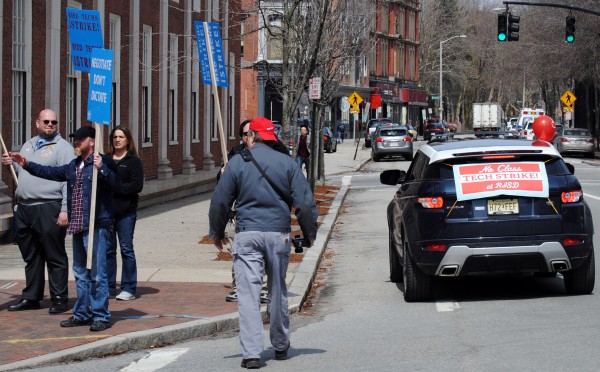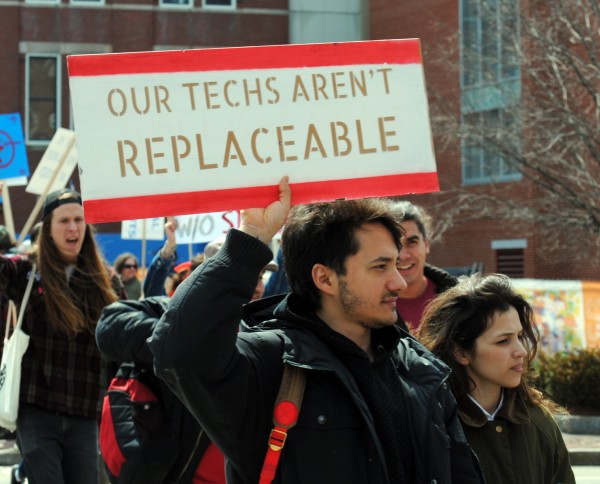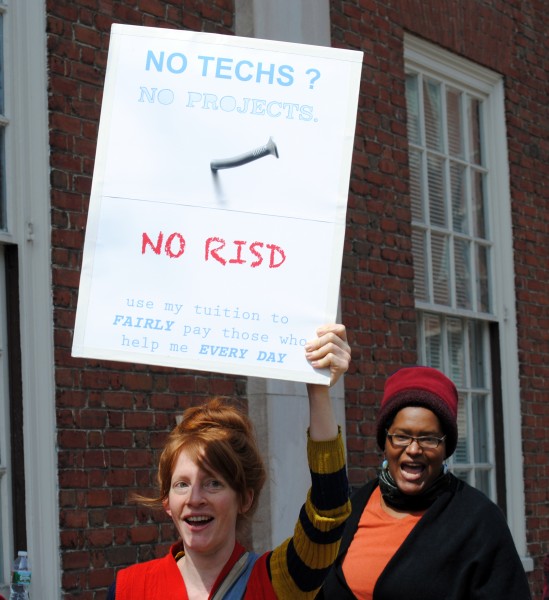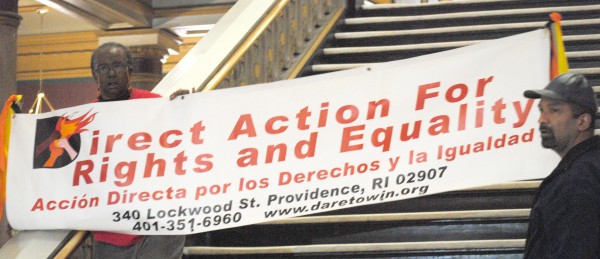 One of the first political skirmishes to protect the nation’s Social Security program, 589 days before next year’s Presidential election, took place on March 24th in the U.S. Senate during the budget debate. Leading the charge, Rhode Island Senator Sheldon Whitehouse called up Senator Wyden (D-OR)’s budget amendment, requesting a Senate point of order against legislation to cut benefits, raise the retirement age, or privatize Social Security.
One of the first political skirmishes to protect the nation’s Social Security program, 589 days before next year’s Presidential election, took place on March 24th in the U.S. Senate during the budget debate. Leading the charge, Rhode Island Senator Sheldon Whitehouse called up Senator Wyden (D-OR)’s budget amendment, requesting a Senate point of order against legislation to cut benefits, raise the retirement age, or privatize Social Security.
“Social Security benefits are a solemn promise that our seniors have earned over a lifetime of work,” said Whitehouse, a founding member of the Senate’s Defend Social Security Caucus. “Sadly, Republicans have made it their mission for decades to dismantle that promise, attempting to turn it over to Wall Street and cut benefits through misguided ideas like the so-called ‘chained-CPI.'”
Republican Senator Mike Enzi from Wyoming raised a point of order, calling Wyden’s amendment non germane to the budget resolution being debated. The Democrats rallying 51 senators to vote yea, but 60 votes were required to wave Enzi’s point of order.
Although his attempts to protect Social Security in the Senate budget have thus far failed, Richard Davidson, Whitehouse’s Rhode Island press secretary, tells this columnist that the senator plans to continue his efforts to keep Social Security off the GOP budget chopping block and from being privatized by supporting legislation like the Keeping Our Social Security Promises Act, legislation that would raise the income cap on the payroll tax to ensure the program’s solvency.
The Social Security trust funds are projected to be fully solvent though 2033; there’s no immediate funding crisis, said Davidson. But, in the longer run, Whitehouse believes the program must be bolstered by applying the payroll tax, which currently only applies to income up to $118,500, to higher levels of income, he says.
Protecting SSDI
 One month before the Senate budget debate, the GOP-controlled Senate Budget Committee put a spotlight at a hearing on the impending insolvency of the nation’s Social Security Disability Trust Fund (SSDI). The federal government has predicted that SSDI fund reserves will run low by the end of 2016, at which point millions of disabled beneficiaries could see up to a 20 percent cut in benefits.
One month before the Senate budget debate, the GOP-controlled Senate Budget Committee put a spotlight at a hearing on the impending insolvency of the nation’s Social Security Disability Trust Fund (SSDI). The federal government has predicted that SSDI fund reserves will run low by the end of 2016, at which point millions of disabled beneficiaries could see up to a 20 percent cut in benefits.
At the Senate hearing, entitled “The coming crisis: Social Security Disability Trust Fund Insolvency,” Democrats called for an easy quick fix to the problem, specifically the shifting of a small percentage of the Social Security payroll tax from the retirement trust fund to the disability trust fund. No big deal, they say, because these transfers have occurred 11 times in the past with bipartisan support without political bickering. But, from this hearing it seemed clear that GOP senators see things differently and are threatening to block the infusion of funds to SSDI.
Approximately 10.2 million Americans received SSDI benefits in 2013, including roughly 42,000 Rhode Islanders. In order to qualify, beneficiaries are required to have worked in a job covered by Social Security, and must have been unable to work for a year or more due to a disability.
The Plum Line blog, penned by Greg Sargent for the Washington Post, took a closer look a look at this SSDI entitlement debate in February.
In his opinion blog, Sargent says that GOP lawmakers claim that “restricting a fund transfer is all about forcing a necessary discussion on how to improve Social Security’s long term finances, rather than merely ‘kicking the can down the road.'” On the other hand, the Washington Post blogger believes Democrats see the Republicans as “exaggerating the sense of crisis to realize one of two political goals. Either they want to force immediate, and unnecessary, cuts – or they want to hold the disability fund hostage, in order to have another run at cuts to the broader program [Social Security].”
Gathering the Troops
At a March 23rd panel discussion hosted by the Providence-based Headquarters of Community Action Partnership , Whitehouse and Congressman Jim Langevin with Rhode Island Senator Donna Nesselbush, a disability attorney, along with SSDI recipients, disability groups, and the Social Security Administration, came to discuss the solvency of SSDI and its impact on the Ocean State. The lawmakers called for shifting Social Security payroll taxes to financially shore up the ailing SSDI program. Both lawmakers also supported a long-term solution, fully funding the federal retirement and disability programs by lifting the cap on the amount of income that is subject to the payroll taxes that fund the program.
“Right now, a millionaire hedge-fund manager pays the same amount of taxes into the Social Security system as someone who makes $118,500,” said Whitehouse. He called for “wealthiest Americans to pay a fair share into the program, so that it’s not funded disproportionately on the backs of middle-class workers.”
Congressman Langevin stressed “SSDI is not only a critical safety-net for disabled workers, their children and spouses, it is also a promise we make to everyone who pays into the Social Security trust fund that they won’t be impoverished if they are left with a debilitating condition or disability.”
Although Whitehouse’s efforts to protect the nation’s Social Security and disability programs were derailed in the Senate budget debate because of a GOP procedural call, it’s only the first of many political skirmishes to come. The upcoming 2016 presidential elections will firmly put this entitlement issue on the nation’s radar screen, hopefully to address once and for all.
But, here’s my message to Whitehouse: Even if you lose a skirmish, or battle, you can always win the war. Keep pushing.
 About 35 workers and their supporters descended on a Hanover Development worksite at University Station in Westwood, MA on Monday to demand that subcontractor $14,800 in unpaid wages from Allstate Interiors. Ten workers, Cristian Lopez, Jorge Jaramillo, Oscar Calmo, Carlos Colon, Lucio Tejada, Hugo Quijada, Walter Vivas, Caleb Romero, Ventura Tucama and Gianni Batres were subcontracted by Allstate Interiors in 2014 to do drywall installation at Stone Place in Melrose, MA. According to the workers, they were not paid for their last two weeks of work.
About 35 workers and their supporters descended on a Hanover Development worksite at University Station in Westwood, MA on Monday to demand that subcontractor $14,800 in unpaid wages from Allstate Interiors. Ten workers, Cristian Lopez, Jorge Jaramillo, Oscar Calmo, Carlos Colon, Lucio Tejada, Hugo Quijada, Walter Vivas, Caleb Romero, Ventura Tucama and Gianni Batres were subcontracted by Allstate Interiors in 2014 to do drywall installation at Stone Place in Melrose, MA. According to the workers, they were not paid for their last two weeks of work.








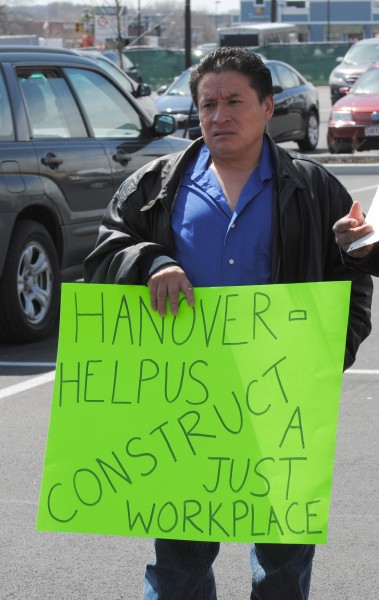






























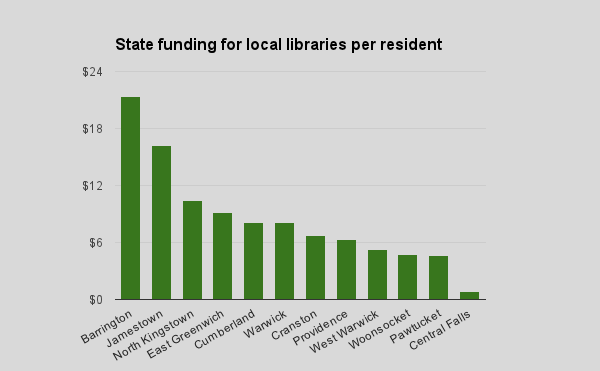
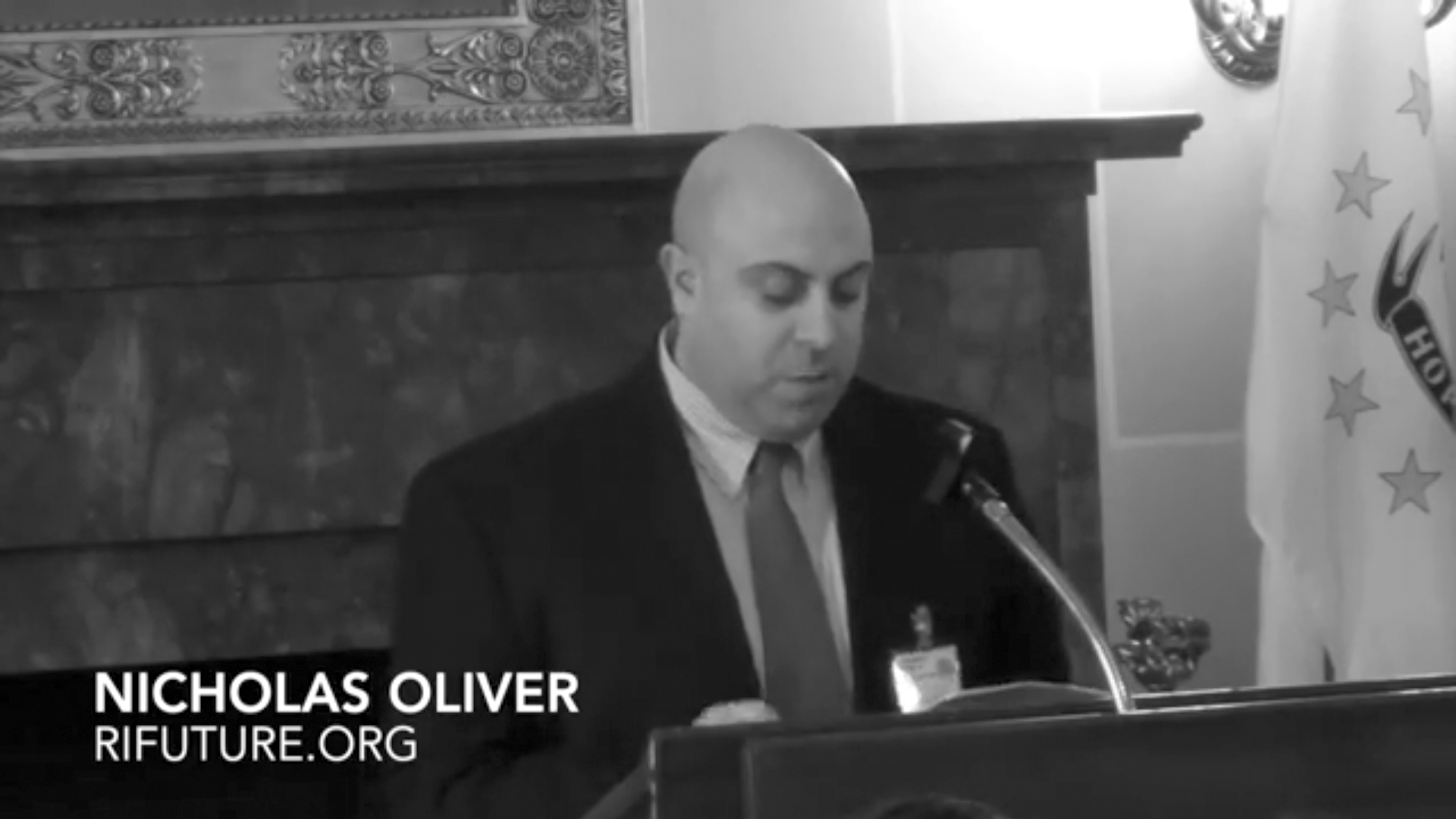
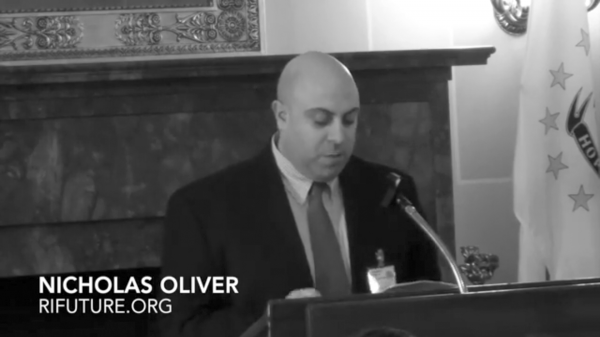 Since two-thirds of minimum wage earners are women, Governor Gina Raimondo says that
Since two-thirds of minimum wage earners are women, Governor Gina Raimondo says that 






































